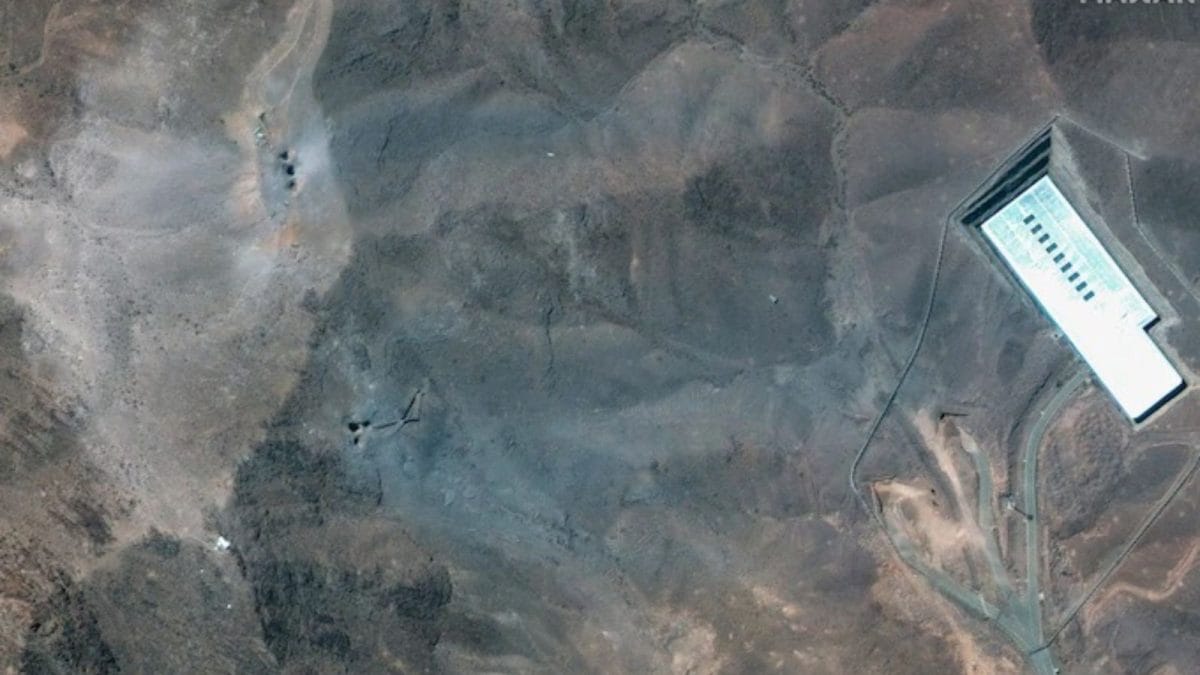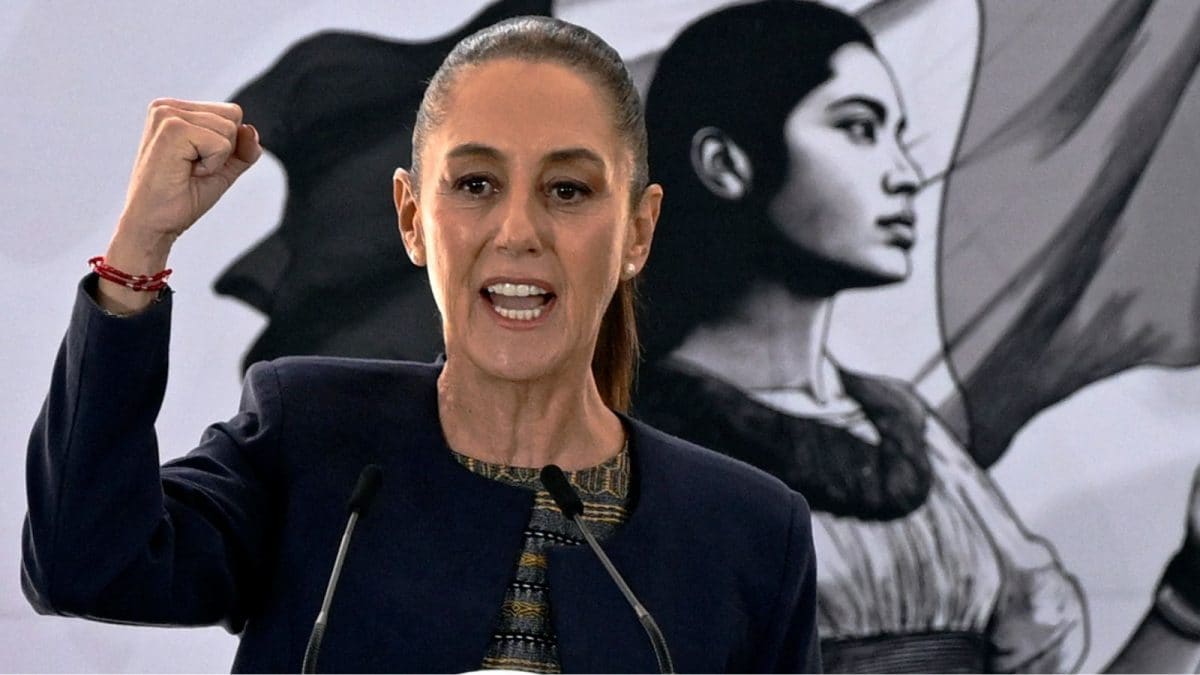Settler farmers affiliated with various local farmers’ welfare forums in the rural areas of Kozhikode district are preparing for yet another mass protest, criticising the alleged apathy of the Forest department in tackling wild elephant intrusions and the long-pending revision of compensation for large-scale crop losses.
The majority of protesters hail from Chakkittappara, Peruvannamuzhi, Chempanoda, Muthukad, Kakkayam, and Koorachundu—areas where the power fences previously erected by the Forest department to deter wild elephants remain damaged. Over 50 farmers have already reported significant crop losses due to recent elephant attacks.
“A protest march will be taken out to the Peruvannamuzhi Forest Range Office soon. The officers there frequently ignore farmers’ grievances and have yet to take effective steps to drive away a herd of around 10 elephants that recently strayed into the cultivated lands at Mylallampara near Puthuppadi,” says the coordinator of a local farmers’ forum in Peruvannamuzhi. He adds that the delay in repairing damaged power fences continues to pose a major safety threat to several families.
Several organisations, including the Kerala Independent Farmers Association, All Kerala Catholic Congress, We Farm, and the Indian National Farmers Movement, have now extended support to the protest. Local coordinators say that various parishes under the Thamarassery Diocese in the affected regions have also expressed solidarity with the agitation.
“There have been several announcements regarding the expansion of existing hanging power fences, trench digging, and installation of wildlife-friendly perimeter rail fencing. A field-level study by any competent agency can easily expose the current sorry state of affairs,” says P. Babu, a farmer from Chempanoda. He adds that many affected farmers are now seriously considering abandoning their land in search of alternative means of livelihood.
Meanwhile, Forest department sources say a shortage of development funds remains a major hurdle in expanding or maintaining various preventive projects. However, they point out that several welfare project proposals have already been forwarded to higher authorities for sanction, apart from efforts to implement joint action plans in vulnerable areas in collaboration with local administrators.



.png)
.png)
.png)
















 1 day ago
6
1 day ago
6








 English (US) ·
English (US) ·